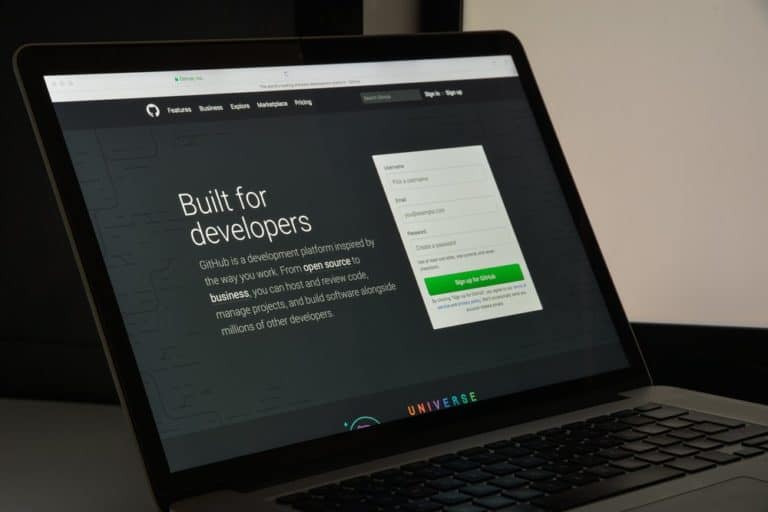Non-paying GitHub users can now also use private repositories. Until now, this group had to place code in public repositories, because there was no other option. That’s what Silicon Angle reports.
Microsoft, owner of GitHub, says that free users can now host an unlimited number of private repositories. Each project can have a maximum of three people working on it together. If the projects are made public, more people can be added.
Microsoft
Microsoft bought GitHub last year for $ 7.5 billion. The CEO of the platform then said that the service will continue to exist “independently as a community, platform and company”. “This means that GitHub continues to put the developer first, to distinguish itself and to remain openly accessible.”
However, when the acquisition was announced, some users were worried that Microsoft would change its policy and functionality. Developers feared it would no longer be the tech industry’s main platform for open source projects.
With the step of making the private repositories also available to free users, the company again shows that this is not the case. Microsoft therefore seems to want to create some goodwill among its users to attract more programmers to the platform.
Enterprises
It also seems that Microsoft is going to focus more on attracting large enterprises, which would pay for the service. To make that possible, Microsoft also announced to merge the two paid services of the platform – GitHub Business Cloud and GitHub Enterprise – into a single service under the Enterpise banner. The functions are paid for per user.
In addition, the Developer suite has now been renamed GitHub Pro. This should enable “developers to better identify the tools they need”.
This news article was automatically translated from Dutch to give Techzine.eu a head start. All news articles after September 1, 2019 are written in native English and NOT translated. All our background stories are written in native English as well. For more information read our launch article.